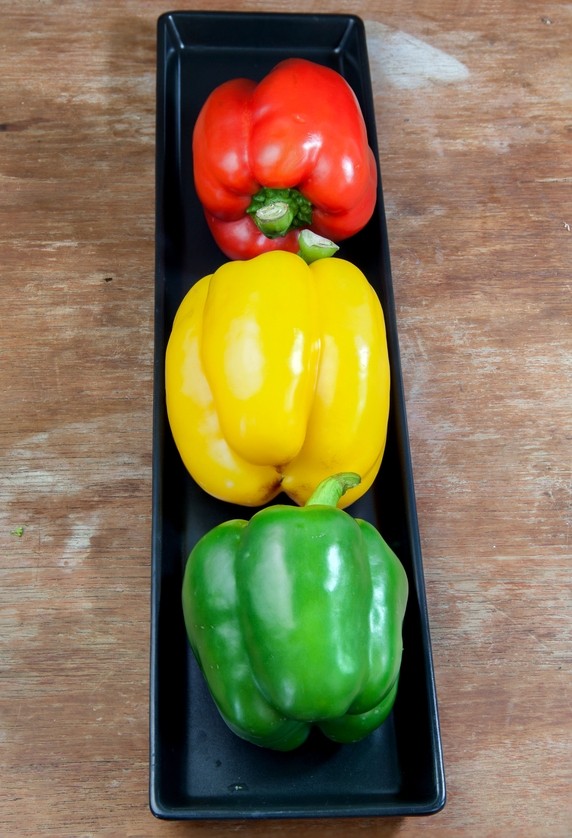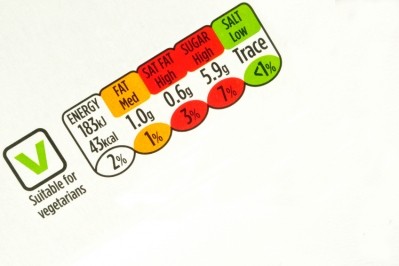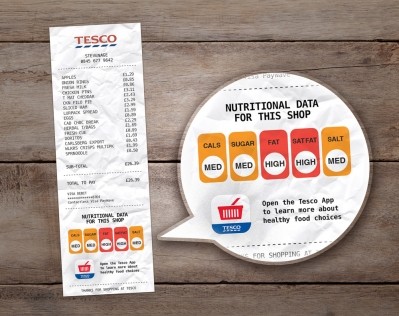Industry divided over traffic light labelling in Europe

The European Dairy Association has attacked proposals backed by six multinationals, including Nestle and Coca Cola, to introduce a traffic light labelling scheme, similar to that in operation in the UK, throughout Europe.
The proposal is an extension of the colour-coded UK traffic light system but with reference values including portions. The EDA claimed that the system focuses on negative qualities but fails to acknowledge the positive nutritional benefits of products.
“The proposed system includes only the content of fat, saturated fat, sugar and salt and fully ignores any positive nutrients such as protein, vitamins and minerals. Such a selective approach does not recognise the importance of nutrient-dense foods as recommended in dietary recommendations nor does it help consumers to compose a balanced and varied diet with nutritious foods,” the industry body argued.
Traffic light-style schemes are not in line with the principle of providing “objective and non-discriminatory” food information, required by the EU legislation because the introduction of colour-coding is a “non-objective judgment of the nutritional quality of products”, the EDA suggested. This system can “unnecessarily discriminate certain foods”.
The EDA also stressed that the labelling system in the UK has failed to change consumer behaviour enough to make a dent in rising obesity rates.
“EDA considers that colour-coded systems, especially those focussing exclusively on nutrients ‘to limit’ and ignoring the overall nutrient contribution of foods, give misleading information to consumers.”
The Evolved Nutrition Label Initiative
The EDA’s comments come in response to the Evolved Nutrition Label Initiative (ENLI), which was launched by Coca-Cola Company, Mars, Mondelez International, Nestlé, PepsiCo and Unilever earlier this year.
“The end goal of all of the undersigned companies is to put in place a robust nutrition labelling scheme that helps consumers make balanced and mindful choices.
“The undersigned companies agree on the importance for consumers to have a meaningful, consistent and single nutrition labelling scheme across Europe, in compliance with the existing EU regulation. Alongside reformulation and innovation, smaller portion sizes (based on credible portions) play a key role to support healthier consumer choices and should therefore be recognized as such in an evolved nutrition labelling scheme,” the ENLI said.
The taskforce aims to “accelerate” work at European level to be able to integrate both colour coding and supporting smaller portion sizes in Europe’s current reference intake scheme.
“Consumers around the world have told us they want straight-forward, accessible information about what they are drinking. By enhancing the current nutrition labelling scheme in Europe with colour coding, we’re providing people with the clearest possible information about our drinks. We believe that this and the other actions we are taking, such as reformulation and innovation, will help more people make the right decisions for them and their families,” said Dan Sayre on behalf of Coca-Cola in Europe when the initiative was launched.

















